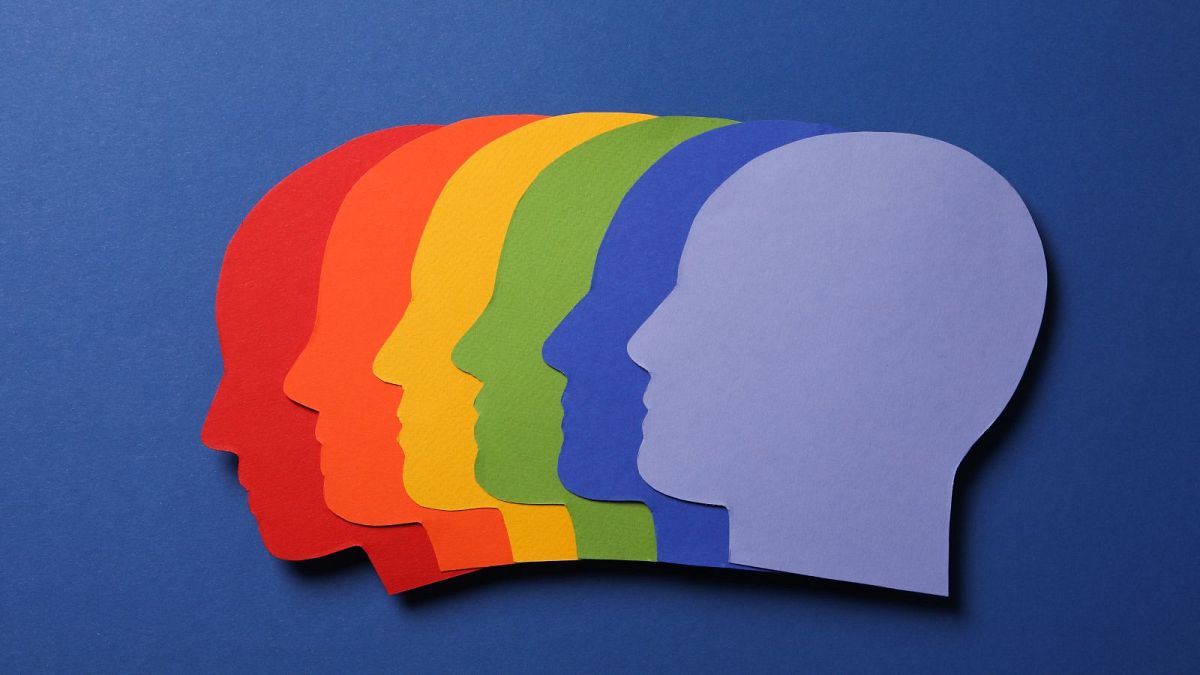LGBTQ+ people were 15 per cent more likely to develop negative brain health outcomes compared to their cisgender and straight counterparts, according to a new study. People belonging to the LGBTQ+ community may have a higher risk of dementia and late-life depression compared to people who are cisgender and straight, according to a new study. Researchers in the United States analysed data from over 390,000 people looking to identify people suffering from neurological conditions such as depression, dementia, late-life depression, and stroke.
After adjusting for other factors such as age, smoking, or high blood pressure, LGBTQ+ people were 15 per cent more likely to develop negative brain health outcomes, according to the study published in the journal , the medical journal of the American Academy of Neurology. They found that people belonging to a "sexual and gender minority" had 14 per cent higher odds of suffering from dementia and 27 per cent higher odds of suffering from late-life depression. "In a world that increasingly recognises the crucial role of equitable health care, it remains concerning how little is known about the health disparities faced by LGBTQ+ people," one of the study’s authors Shufan Huo from the Yale School of Medicine in the US, "Our study looked at this group, which has been historically underrepresented in neurological research, and found that they had an increased risk of adverse brain health outcomes".
When listing the different characteristics ne.


















